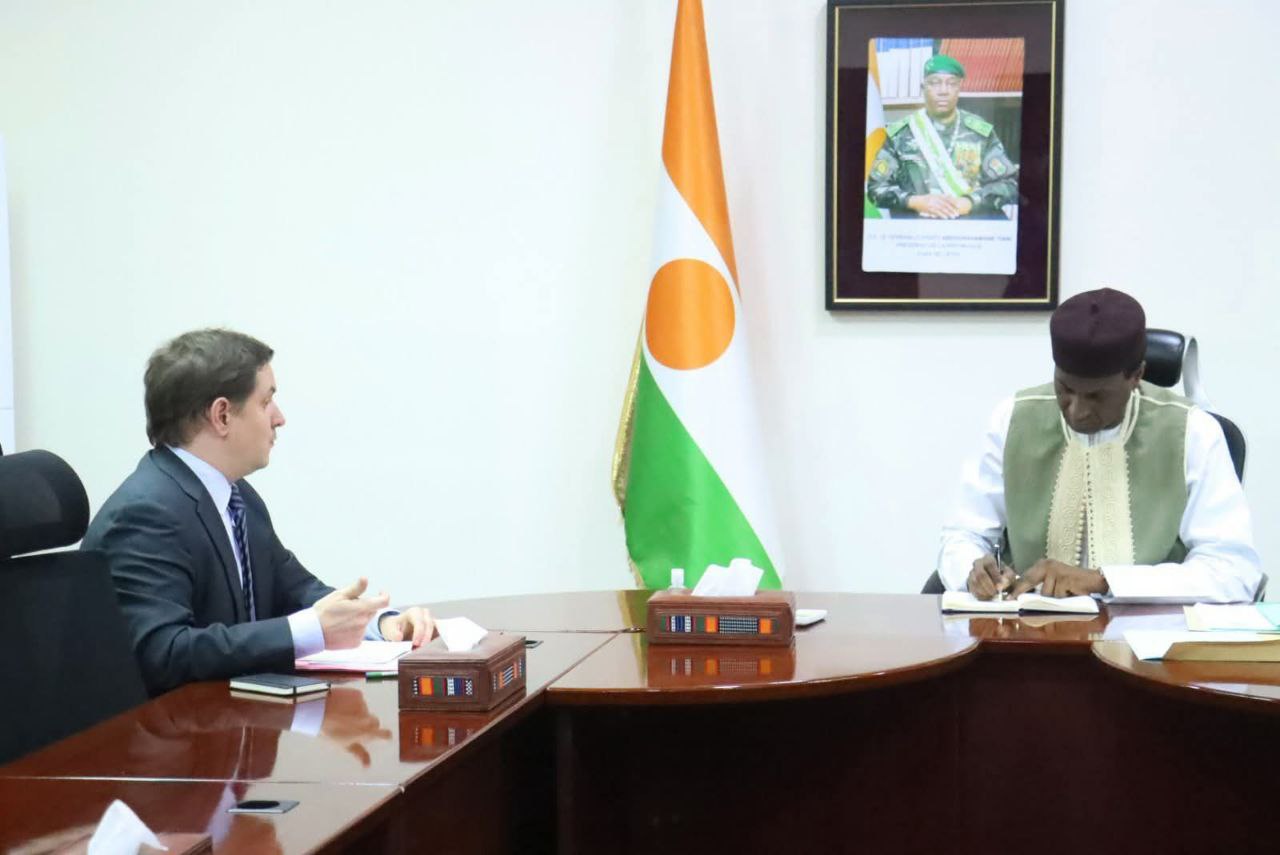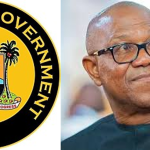
EU Begins Talks with Niger to Mend Strained Relations

Niger and the European Union appear to be entering a new phase in their diplomatic relationship after months of tension. On Tuesday, June 25, 2025, Niger’s Prime Minister, Ali Mahamane Lamine Zeine, met with the EU’s acting ambassador, Olai Voionmaa, in Niamey.
Voionmaa was officially introduced as the new European Union representative to Niger during the meeting. The visit comes shortly after the EU’s Special Representative for the Sahel visited the country.
According to sources, both sides described the discussions as “frank” and focused on laying the groundwork for a respectful and constructive partnership. The tone of the meeting suggested a mutual desire to move past earlier tensions and re-establish effective dialogue.
The recent engagement is seen as a step towards restoring bilateral relations between Niger and the EU. Diplomatic ties between Niger and the EU became strained in 2023, after the military-led government successfully carried out a coup that ousted the past administration. The European Union and other international partners opposed the takeover and suspended security and development cooperation with the country. Sanctions and strong rhetoric followed, further worsening the rift.
Despite the international backlash though, Niger has reported steady progress under its transitional government. The country has strengthened internal security operations, launched major infrastructure projects, and maintained relative political stability. In recent months, it has also deepened its alignment with the Confederation of Sahel States (CSS) – a regional bloc formed alongside Mali and Burkina Faso, all three ruled by military governments.
The CSS is popular for its calls for new regional cooperation frameworks that reflect their shared security priorities and push back against foreign pressure. Niger’s government has repeatedly defended its right to determine its political path.
While no concrete commitments were announced following Tuesday’s meeting, the resumed dialogue suggests a softening of the EU’s stance and recognising that re-engagement may serve both sides’ interests, especially in the Sahel’s evolving landscape.
About The Author
Related Articles
Asake Sets New Billboard Afrobeats Record as Chart Presence Grows
Asake has further cemented his place as one of Afrobeats’ most dominant...
ByWest Africa WeeklyJanuary 29, 2026Nigerians Lament PayPal’s Return as Old Wounds Resurface
PayPal’s reentry into Nigeria through a partnership with local fintech company Paga...
ByWest Africa WeeklyJanuary 29, 2026Tanzania Eyes Gold Sales as Aid Declines and Infrastructure Needs Grow
Tanzania is weighing plans to sell part of its gold reserves to...
ByWest Africa WeeklyJanuary 29, 2026Mali Tightens Grip on Explosives Supply With New Majority Stake
The Malian government has taken majority ownership of a civil explosives manufacturing...
ByWest Africa WeeklyJanuary 29, 2026












Leave a comment